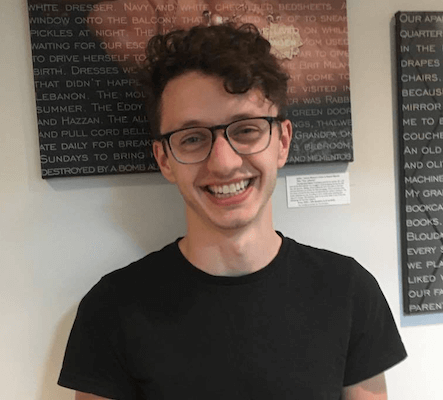
July 12, 2017
Technology giants Facebook, Microsoft, Youtube, and Twitter have launched a joint effort to curb terrorist recruitment and extremism on their platforms. The Global Internet Forum to Counter Terrorism, announced June 26, is an encouraging attempt to collaborate on existing efforts to remove content promoting violence, terrorism and discrimination from the Internet.
Although this effort is indeed commendable, a serious effort to curb extremism would start way before terrorist recruitment, and would work towards removing hate speech in all its forms from these platforms first. As B’nai Brith Canada’s Annual Audit of Antisemitic Incidents shows, for example, antisemitism on social media platforms like Facebook and Twitter continues to flourish, with Facebook in particular often allowing antisemitic content under the guise of anti-Zionism to remain online.
The initial focus of the Forum will be on three key initiatives: improving technology to detect and remove hate, funding research to counter extremism, and sharing knowledge within the industry and to non-tech actors.
One key project will be improving the shared hash database. A hash is a unique digital fingerprint attached to a piece of content. By sharing the hashes of the most egregious content, multiple companies could remove problematic content simultaneously without having to independently verify its extremist nature. This would make it easier to remove content once it is flagged as terrorist content. It would also help in shortening the exposure of such materials.
The Forum will also commission “counter-speech efforts and guide future technical and policy decisions around the removal of terrorist content.”
While the initiative on behalf of some of the most well-known players in the tech industry is an encouraging sign of responsibility, it is simply not enough to counter the shocking discriminatory and hate-filled materials that exist online. It simply must go further.
In an era where information crosses the globe in a second, and where the most shocking of social media posts are normally the ones that break through the noise, the tools developed here will be crucial for these companies to monitor the messages they allow to spread. But terrorist recruitment is not where this problem begins.
If these tech firms are serious about tackling extremist violence at its core, this initiative needs to go to the source of radicalization and hate. Facebook, Microsoft, Twitter, and YouTube should expand this program from terrorist recruitment to enforcing broader hate speech laws on their platforms.
For example, a recent report from The Guardian indicates that Facebook moderators do not remove content promoting Holocaust denial in 10 of the 14 countries where it is outlawed. The reason it does comply in Germany, Austria, Israel and France is not “on grounds of taste, but because the company might get sued.”
Rather than only attempting to remove terrorist content – which, while commendable, is really a no-brainer that should have been implemented years ago – Facebook and the like should be complying with hate speech laws in each individual country. In Canada, where the wilful promotion of hatred against identifiable groups is illegal, content willfully promoting hatred should not be allowed if Facebook were to fully comply with Canadian law. Creating algorithms that flag content promoting racism, antisemitism and discrimination – and following through with removing such content – would be a welcome change not only for Facebook, but for social media and tech platforms across the Internet.
The reason that terrorism is able to have a voice on the Internet today is because the discourse of hatred and racism is already in full effect. Platforms like Facebook and Twitter already enable would-be terrorists to develop the seeds of hatred inside them. If these platforms were to tackle this problem at its core, terrorist organizations wouldn’t be able to spread their propaganda to begin with.
Only by eradicating the culture of hatred that exists online would companies like Microsoft, Twitter, Facebook and Youtube truly fulfill the goal they’ve set of wiping out violent and terrorist content from the Internet.

